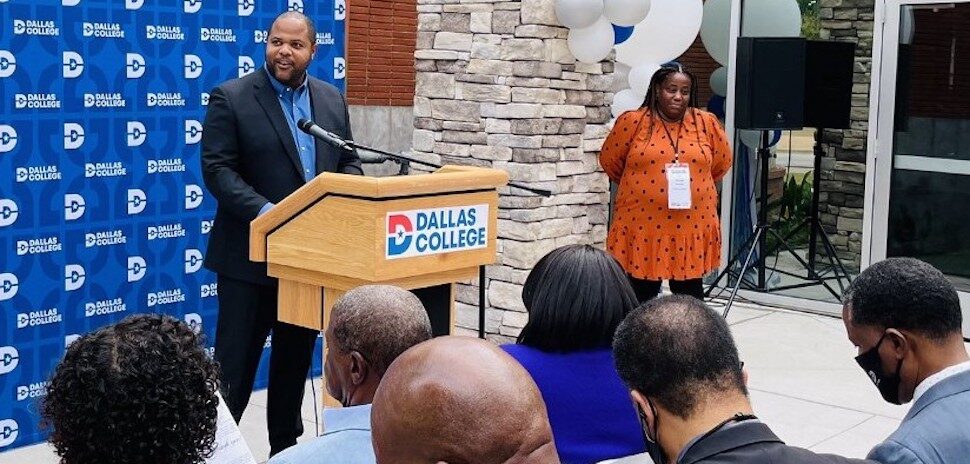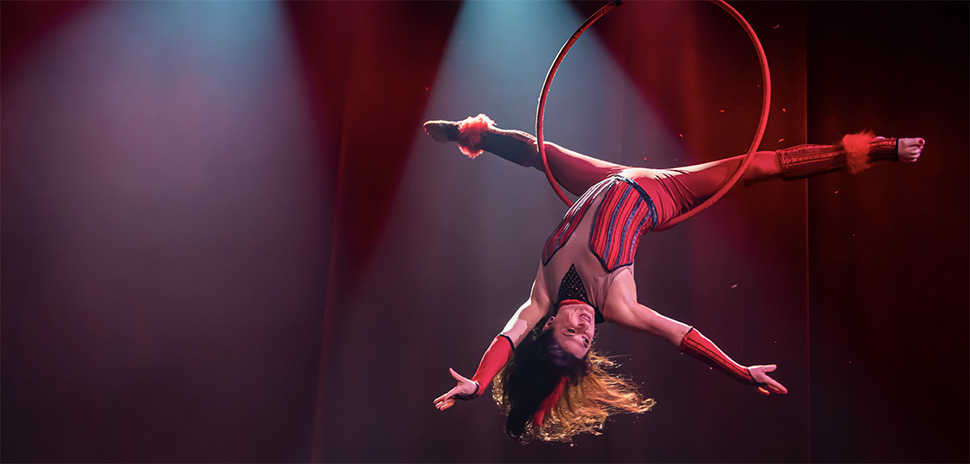Update, December 8, 2021: The Dallas Education Foundation has been named one of the five finalists for the $1 million STOP Award, in an announcement by The Center for Education Reform and its media partner Forbes.
When the COVID pandemic hit, over 145,000 students in 230 schools Dallas Independent School District schools had to begin learning remotely. That led to an innovation that could win a $1 million prize for the Dallas Education Foundation: the creation of an “educational metaverse” that makes virtual learning a fun, gamified experience.
The STOP Award, funded by Philadelphia benefactor Janine Yass, was announced at the Forbes Under 30 Summit in Detroit in October. It will provide a total of $3.5 million in prizes to educational organizations that demonstrated exceptional responses during the COVID pandemic benefiting underserved students. The Dallas Education Foundation was one of 20 nationwide semifinalists for the award, and has now been named one of the five finalists.
The big winner will be selected on December 14 at Forbes on Fifth in New York City. In addition to the $1 million prize, four runners-up will receive $250,000 for meeting each of the STOP Principles (the solution must be Sustainable, Transformational, Outstanding, and Permissionless). The 15 other semifinalists will be awarded $100,000 each.
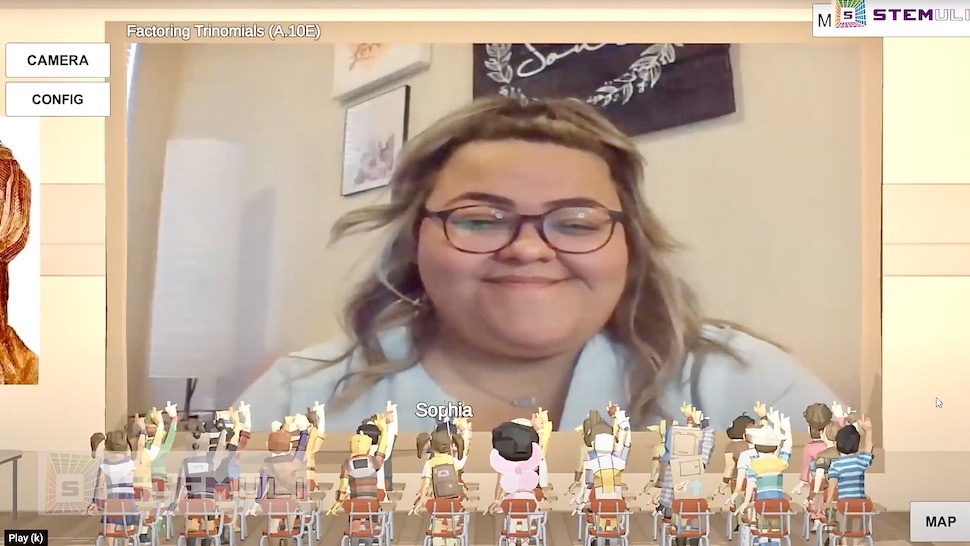
Taking attendance on the STEMuli platform. [Video still: STEMuli]
DISD’s “educational metaverse”
The Dallas Education Foundation is being recognized for driving the creation of an “educational metaverse” for DISD, developed by Dallas-based STEMuli Technology.
The virtual schooling platform is currently being piloted at Dallas Hybrid Preparatory at Stephen J. Hay, located at 3801 Herschel Avenue in Oak Lawn—DISD’s first permanently hybrid school.
“Our vision is to spark curiosity and to engage in ‘Always learning, loving how to learn,’” Dallas Hybrid Prep Principal Dr. Olga Romero told Spectrum News 1. “And we want our kids to love how to learn. I want them to be able to say ‘You know what? I love going to school. This is the kind of school for me, it’s a school that balances my time in my home and it balances my time at my campus.’”
STEMuli’s platform allows students to customize their own avatar to navigate classrooms, hallways, and virtual school grounds. [Video still: STEMuli]
Students choose their own cool avatar to ‘attend’ school
Hybrid Prep’s fourth-through sixth-graders get an online experience that’s a lot like a video game. First they choose their own customized avatar—a cowboy, a retro athlete, a knight, a robot, or many other choices. Their avatar represents them not just on their own screens, but can be seen by their other classmates too.
The students then navigate an “enhanced reality world,” walking hallways, entering virtual classrooms, and checking out the grounds outside—discovering all kinds of surprises along the way.
Eventually, DISD may embed the metaverse and its immersive, anywhere-anytime, game-based learning into the core curriculum for all of the district’s 145,000-plus students.
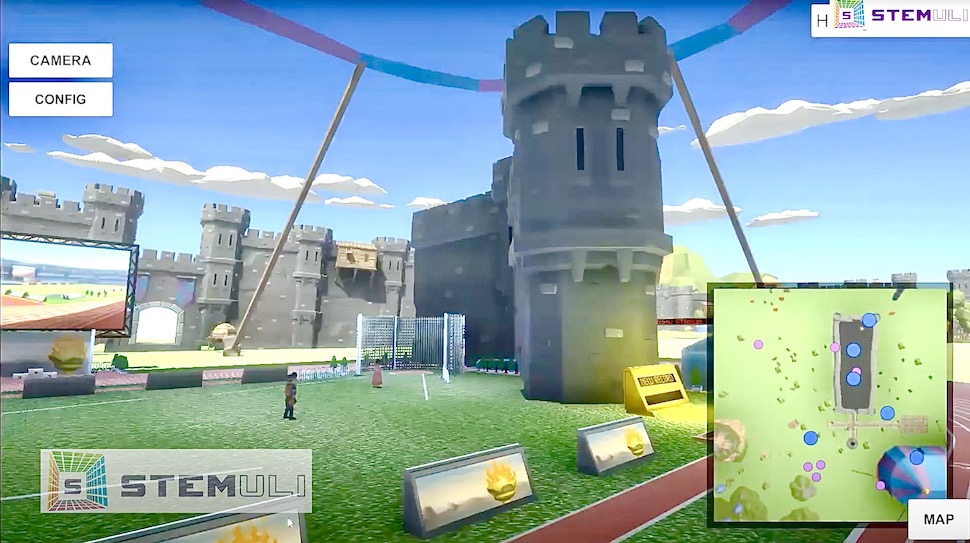
A school ground looks like a castle in one STEMuli environment [Video still: STEMuli]
In DISD’s metaverse, a school doesn’t have to look like a school
When you go to school in a metaverse, it doesn’t have to look like the same old brick-and-mortar building. The goal is to make virtual learning irresistible, so kids may log on and find their school is a medieval castle or other game-like environment.
Using game theory to reward kids for learning
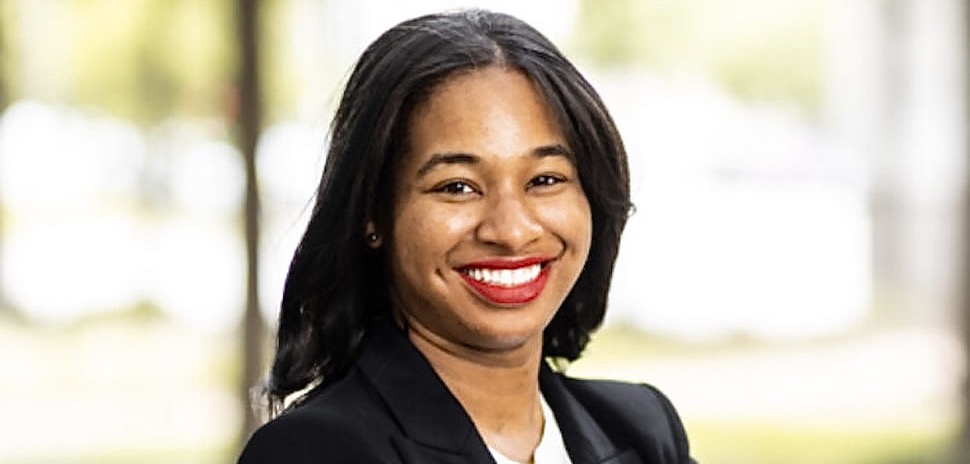
Taylor Shead, founder and CEO of STEMuli. [Photo: STEMuli]
The metaverse will enable students to earn digital incentives and “micro-scholarships” for attending class every day, doing coursework, and performing other behaviors proven to lead to positive outcomes.
STEMuli CEO Taylor Shead is a board member of the Dallas Education Foundation. She says the platform uses game theory to reward students for learning.
“The platform looks super cool because you’re looking at students selecting their own avatar, walking around and exploring the world and literally sitting in a video game, but having access to their teacher,” Shead told Spectrum News 1. “Really what we’re after is kind of game theory. In video games, students are incentivized by digital rewards. So whatever behavior the video game wants the student to do, as they do it well, they get points, and then they get to cash in on those rewards. So we’re doing the same thing with education.”
“‘Gamification’ isn’t just about the way it looks and feels on the outside,” Shead added. “it really is about building the freedom to try something new with these students and getting away from the idea of standards.”
Offering a mix of traditional and virtual schooling
Many students have struggled with online learning during the pandemic—and their parents along with them. But others have thrived. DISD is trying to offer the best of both worlds to its students.
“This school year has given us the opportunity to reimagine the school experience,” Angie Gaylord, DISD’s deputy chief of the office of transformation and innovation, told Spectrum News 1. “While we know many students and families prefer the traditional learning environment, we’ve seen how some students thrive in a blended learning model. This is part of the district’s larger mission to a provide best-fit school for every student.”
![]()
Get on the list.
Dallas Innovates, every day.
Sign up to keep your eye on what’s new and next in Dallas-Fort Worth, every day.





